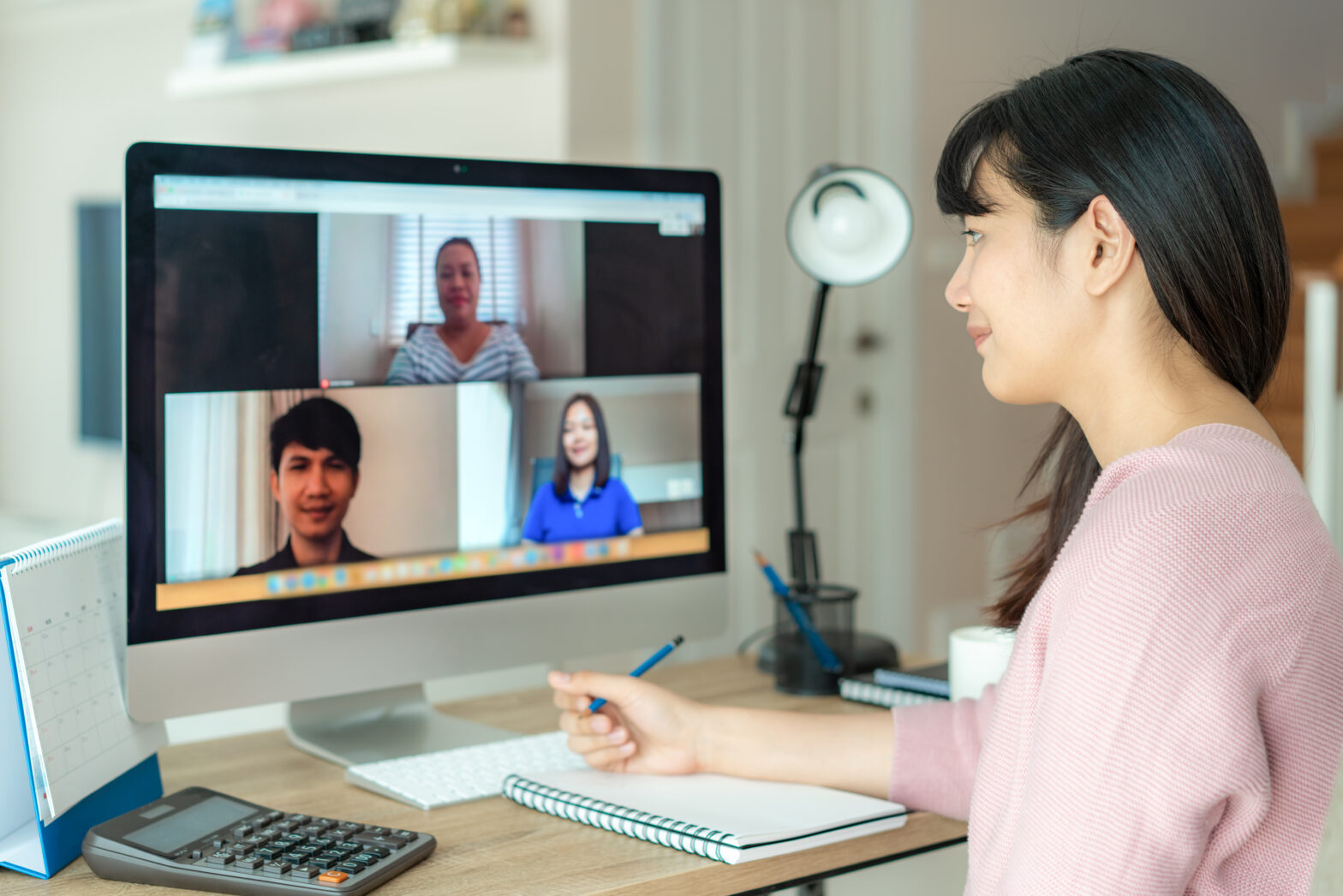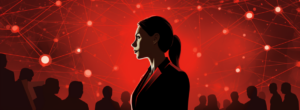Why empathy must be a priority in the post-COVID future of work
- 4 Min Read
From business to workforce disruption, businesses are going through turbulent times but is enough being done to bake empathy into the DNA of your company? With headwinds to navigate, HRD Thought Leader and Hack Future Lab founder, Terence Mauri argues that the future belongs to organizations that win with empathy.
- Author: Terence Mauri
- Date published: Oct 20, 2020
- Categories

As we transition to a new normal, there is fear and excitement. In the short term, from the unknown business fall out of the pandemic and, in the medium term, from the continued impact and opportunities of AI and automation. Hack Future Lab’s research shows that 83% of executives see empathy playing a far greater role in sustaining a thriving workforce in a post-COVID future of work; additionally, two out of three employees would prefer to work for an organization that shows empathy towards all its stakeholders.
As HR and business leaders prepare for their workforce for the next phase of recovery, they must ask the question: how do we cultivate a healthy, productive and empathetic workforce willing to own the transformation journey — and resilient enough to handle the challenges brought by a global pandemic?
Moving the needle on this agenda means putting human and economic metrics side by side, caring enough to place responsibility for long-term futures above short-term gains, and creating space for people to be their whole selves. Thriving employees are twice as likely to work for an organization that effectively balances EQ and IQ in decision-making — something less than half of businesses get right today. This is empathy, and it is needed for leading in a turbulent and evolving world.
From Economics to Empathy
Economist Milton Friedman stated that the purpose of an organization was solely to make profit for its shareholders. This no longer holds relevance in a world of disease, debt and disruption. With a new, more responsible mandate emerging, the challenge for HR and business leaders is to rethink what makes organizations successful. According to Hack Future Lab, an overwhelming 84% agreed that empathy is critical for business success and 60% agree that empathy really matters.
The bad news is that more than half the group report that empathy was not a strength and was not even on the C-suite’s agenda. The bottom line is that empathy is seen as incredibly important, but mismanaged and undervalued in most organizations.
Imperative: How do you balance economics and empathy to build an inclusive, sustainable, and resilient organization where health, wellbeing and career are at the core? Would your employees and customers rate empathy as a strength? If empathy is missing on the inside it rarely happens on the outside.
From IQ to EQ
The 20th century was about scaling efficiency and doing things right rather than doing the right things. The C-suite regards scaling empathy as a top talent investment capable of driving business advantage and yet according to Hack Future Lab, just 34% of HR and business leaders are investing in this as part of their future of work strategy. Why? In some part because employees are more likely to feel a strong sense of what the late psychiatrist Oliver Sacks called the 3B’s: belief, belonging and becoming.
That is, at the deepest human level humans need something to believe in, a strong sense of belonging and to be in a perpetual state of ‘beta’, which means lifelong curiosity and learning. Companies such as games developer King and microblogging platform Twitter report that when empathy is rated as a strength, employees are twice as likely to say their organization is transparent about which jobs will change, and rank uncertainty last in reasons for feeling burnt out. Employees who work in empathetic cultures are also three times as likely to be satisfied with the company, with no plans to leave.
Imperative: Do you bake empathy into the DNA, strategy and day-to-day operations of the organization? How do you measure empathy across the whole stakeholder mix from employees, to customers, suppliers, investors, analysts and the media. How is your organization helping its employees to be more empathetic in their daily roles and responsibilities?
Win with empathy
With so many unknowns, how can companies, individuals and society as a whole win? By combining left-brain understanding of commercial realities and their knock- on effects, with right-brain skills such as intuition and empathy to listen for and find solutions. Only then can HR and business leaders start to win with empathy.







